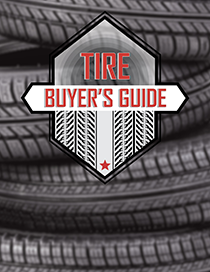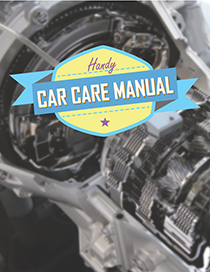How Often Do Today’s Vehicles Need an Oil Change?
At some point, you were probably advised a vehicle needs an oil change every 3,000 miles or every 3 months. You may have also heard more recently that this old rule of thumb no longer applies. It is true that today’s vehicle engine technology and oil formulations have advanced significantly over the years. So, how do you know often you actually do need to get an oil change?
In the case of most modern vehicles, the standard oil change interval falls in the range of 7,500 to 10,000 miles. Advances in engine technology and the quality of synthetic oils have extended the lifespan of engine oil. This means you don’t need to rush to the garage every few thousand miles, saving you time and money in the long run.
For your particular vehicle, here are some factors to consider:
Check Your Owner’s Manual
The first place to go to determine the right oil change interval for your specific vehicle is to check your owner’s manual. Automakers provide detailed guidelines on maintenance, including oil change intervals specific to your make and model. They take into account factors such as the engine type, driving conditions, and the type of oil to be used. These recommendations are typically based on extensive testing and engineering expertise.
Consider Your Driving Habits
While the owner’s manual provides a general guideline, your driving habits can impact how often you should change your oil. If you frequently drive in city traffic or live in a harsh climate with extreme heat or cold, you may need more frequent oil changes. In such cases, it’s a good idea to follow the severe service schedule recommended by your car manufacturer, which often suggests shorter intervals.
Pay Attention to Your Vehicle’s Diagnostic Technology
Later model vehicles come equipped with advanced diagnostics and sensors that can monitor the condition of your oil. Some cars have oil life indicators that calculate the oil’s remaining lifespan based on factors like engine temperature, RPM, and driving conditions. Watch these indicators and follow their recommendations for oil changes.
Type of Oil You Select – Synthetic or Conventional
The type of oil you use also affects the oil change interval. Synthetic oils typically last longer than conventional oils, so if you use synthetic, you might be able to stretch your oil change interval closer to the upper limit recommended by your manufacturer.
Regular oil changes will not only keep your engine running smoothly but also save you time and money in the long term. Remember, when in doubt, it’s always best to err on the side of caution and change your oil a bit earlier rather than later to ensure your vehicle’s longevity and performance.






